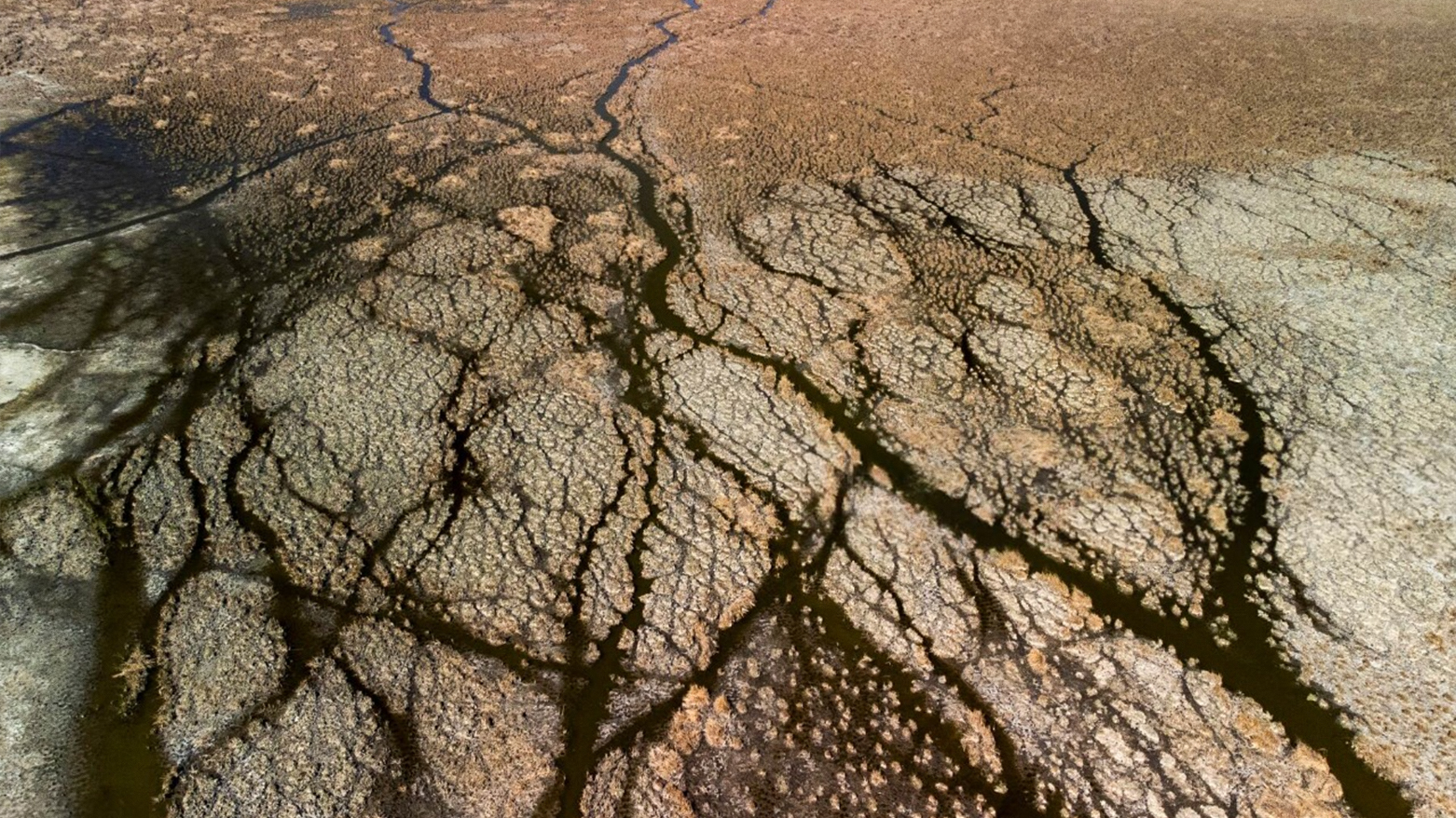Tehran Turns Off the Tap: Iran Signals Water Restrictions as Iraq Faces Escalating Crisis
“Most of the surface water in Iran flows toward Iraq. We must seek to control some of it and stop the outflow,” the head of natural resources in Iran's western Ilam Province declared in an interview with the semi-official Tasnim News Agency.

By Kamaran Aziz
ERBIL (Kurdistan24) — A looming water crisis between Iran and Iraq deepened on Sunday as a senior Iranian official openly called for controlling cross-border river flows into Iraq to prioritize domestic water needs. The statement, delivered by Yasem Khanmohammadian, head of natural resources in Iran's western Ilam Province, signals a potential escalation in Tehran’s ongoing restriction of water supplies that feed key Iraqi provinces already battered by drought and mismanagement.
“Most of the surface water in Iran flows toward Iraq. We must seek to control some of it and stop the outflow,” Khanmohammadian declared in an interview with the semi-official Tasnim News Agency. The remarks underscore Iran’s intensifying policy of redirecting river water away from its neighbors, particularly Iraq, amid growing internal demand and climate-related pressures.
Water disputes have become a flashpoint in bilateral relations between Baghdad and Tehran, especially as Iraq’s major rivers—many of which originate in or transit through Iran and Turkey—have seen diminishing flows over the past decade.
Iran has already reduced water flow through several transboundary rivers, including the Alwand River, which impacts Diyala Province; the Karun River, once a vital lifeline for Basra; and the Little Zab, essential for agricultural and domestic water supply in Sulaymaniyah.
Iraq’s Ministry of Water Resources and environmental authorities have long accused Iran of unilateral river diversion projects that defy regional water-sharing principles. According to a 2020 report by the Iraqi Ministry of Water Resources cited by Diyaruna, Tehran diverted the Sirwan and Lower Zab rivers through dam and tunnel infrastructure, drastically reducing the flow into Iraqi territory. In the case of the Darbandikhan dam reservoir, the inflow from Iran dropped from 45 cubic meters per second to just seven. Similarly, the Lower Zab’s flow plummeted to two cubic meters per second, effectively amounting to a total cutoff.
Furthermore, in 2021, the Iraqi government warned that it might resort to international legal action over what it described as “aggressive and uncoordinated” Iranian water diversion measures. According to the Center for Strategic and International Studies (CSIS), Baghdad has accused Iran of violating established transboundary water-sharing norms and neglecting to coordinate on shared river basin management.
Iraq has consistently appealed to both Iran and Turkey to engage in joint water management dialogues based on international conventions, particularly the 1997 United Nations Convention on the Law of the Non-Navigational Uses of International Watercourses.
Environmental experts across Iraq are warning of a water catastrophe if the current trajectory continues. Iraq may face an existential water security crisis without binding regional agreements and enforcement mechanisms.
As summer approaches and water demands rise, Iraq now faces an intensified challenge—one that threatens not only its agriculture and electricity, but also the social and political stability of provinces already strained by climate change, poor governance, and economic hardship.
The message from Tehran is clear: Iran will prioritize its own needs, even if that means turning off the tap to its neighbor.